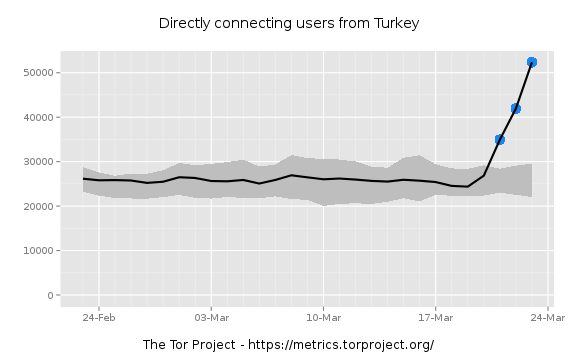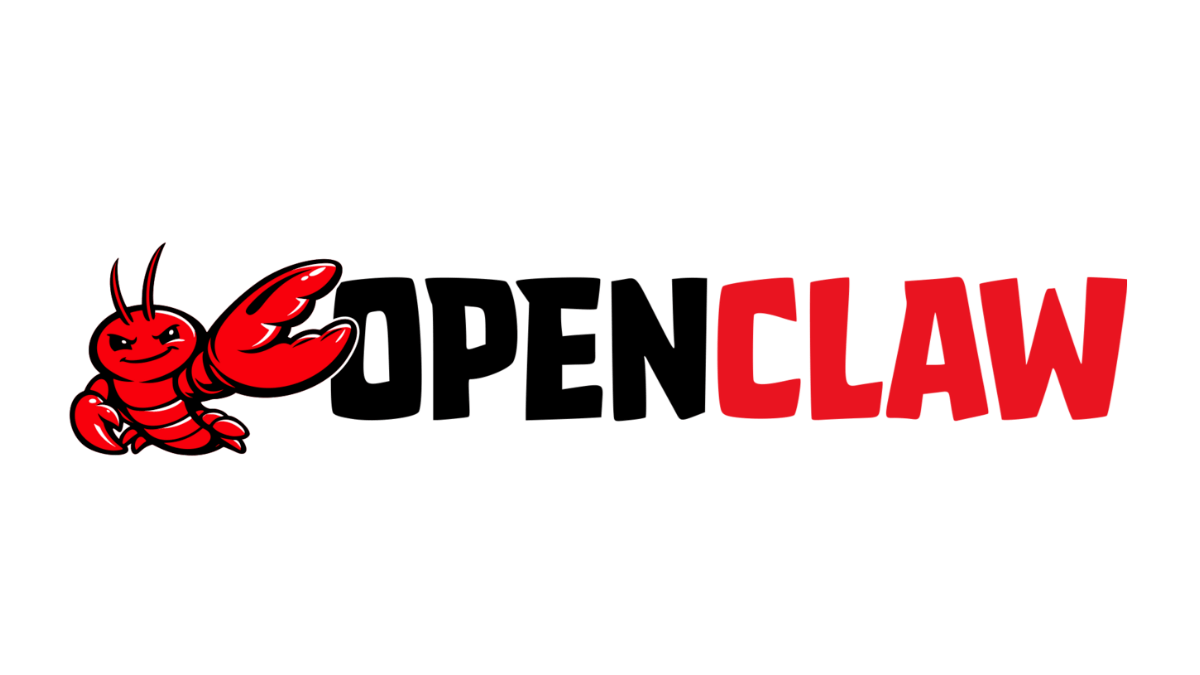Usage of TOR to circumvent state sponsored censorship is undergoing an explosive growth spurt in Turkey, as Turkish citizens are flocking “en masse” to the TOR network, in an effort to continue having unfettered access to the internet.
TOR, the Onion router, is free software to enable anonymity online. Think of it a routing your communications through at least three hops. You know the first hop, but not the second, and the third knows the second, but not you. We have looked at TOR in the past.

The Turkish authorities have now closed the “loophole” that consisted of using the Google DNS service (8.8.8.8 and 8.8.4.4). This had allowed a continued access to Twitter despite the Turkish government’s efforts to block the popular micro blogging service.
Turkish citizens had taken spraying the Google DNS entries on walls, to spread the method of the censorship circumvention.
With easy methods no longer working, and other popular sites such as YouTube being blocked, Turkish residents are finding other means to access these services.
TOR usage in Turkey is definitely on the rise as illustrated by this graph, acquired from https://metrics.torproject.org

Turkey TOR usage going up, up, up!
One of the major complaints is that TOR users have always had is that Internet traffic routing through the network has always been very slow. This has always been a problem, so much so that they even have a FAQ entry addressing this question.
The main reason is that there is a fairly low number of “exit relay”. The last computer on the EFF Diagram shown above, just before the traffic arrives to the “Bob” computer. This could be alleviated if more people ran exit relays, but operating a TOR exit relay has always been a bit of a dicey affair.
There are issues with the amount of bandwidth it consumes. Not everyone has unlimited bandwidth, and as user adoption increases, more and more is being asked out of the existing relay operators.
Residential ISP’s have been quick to specify in their TOS that running a server is not permitted, and this includes TOR exit relay. As well, exit relay operators have also faced possible legal ramifications as they often receive DMCA notifications of copyright infringements meant for the TOR users.
As Turkish TOR users continues to increase, it will be interesting to see how well the Onion router copes with the additional load, and if the Turkish government starts blocking access to sites where the TOR bundle can be downloaded.
*Apparently the TOR website is now blocked from within Turkey.
The EFF is providing a mirror where the bundle can be downloaded, as well as an informative article: https://www.eff.org/deeplinks/2014/03/when-tor-block-not-tor-block
If you are interested in the TOR project, you can find out more about it here: https://www.torproject.org/.










